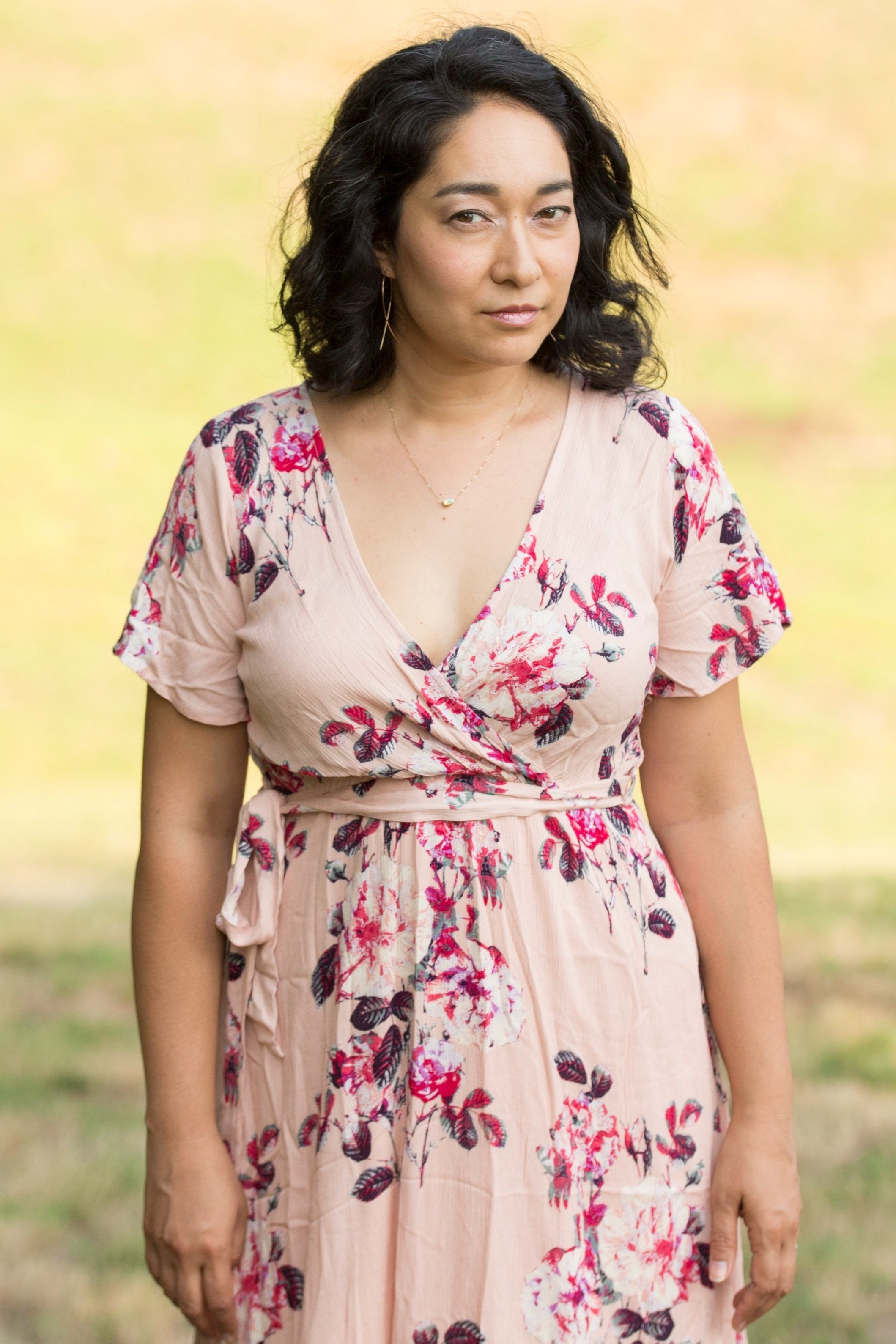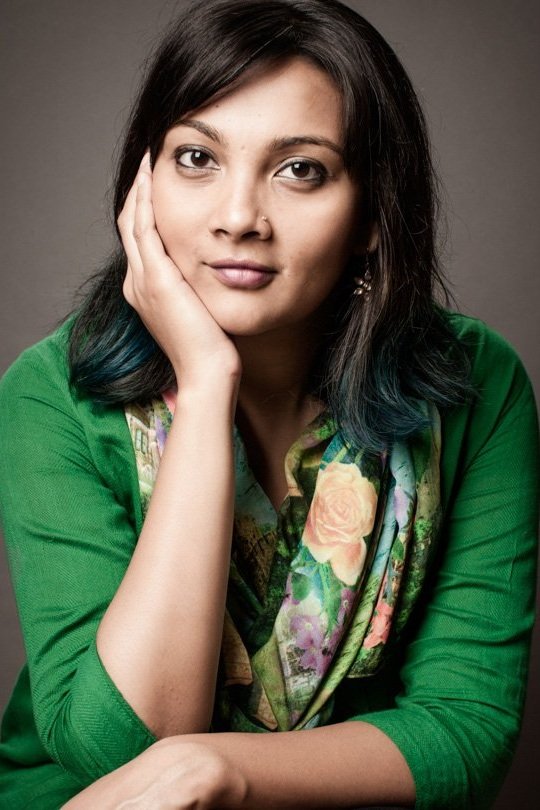Organizing Requires Collaboration and Community
What to Expect from the GIA Reader
Nadia Elokdah
As we began planning for the 2020 season of the GIA Reader, we quickly realized that it was not going to be a typical year. Our first challenge presented in March, when folks began working from home. Where do we send each issue if no one is at the office to read them? Sure - we could collect new mailing addresses, but how would folks make time to discuss what they read? Ask questions and consider changes to their own work? We knew right away, this moment needed something new from GIA. We needed to meet folks where they were without losing the community that makes learning and organizing and transforming the sector possible.
So, we paused. We asked ourselves what we could offer to grantmakers and artists and advocates that would sustain a community of learning that can be responsive without losing sight of long-term change.
Our answer? We are excited to offer this new, digital GIA Reader – a digital publication and conversation space dedicated to sustaining a community of learning for arts grantmakers, culture bearers, artists, and advocates toward a more just field and future. We are eager for the digital GIA Reader to center and amplify how grantmakers, artists, and cultural communities collaborate, advance practice, center racial equity and justice, and support one another through learning.
We took this moment as an opportunity to answer a call for GIA and for our field. The foundation of this approach relies on organizing our community through collaboration and supporting our field through accountability. To do so, we chose to diversify the voices and perspectives shaping the Reader by welcoming three guest editors working with the GIA team: Meena Malik, Dr. Durell Cooper, and Nayantara Sen. Each bring an important and specific perspective from the field to share with grantmakers from practice, academia, and cultural strategy.
L to R: Meena Malik, (photo by Jeffrey Filiault); Dr. Durell Cooper (photo courtesy of Cultural Innovation Group, LLC.); and Nayantara Sen (photo courtesy of Nayantara Sen).
Throughout this inaugural year, each guest editor will curate contributions from artists, grantmakers, cultural strategists, researchers, and beyond to reflect on questions of narrative change within our cultures, our institutions, our policies and practices. They will offer guidance, case studies, and critiques exploring which narratives exist that harm us; which move us toward equity and justice; who is working with narrative strategy or challenging the status quo to move arts funding into new, better narratives; and what can we learn from artists and communities organizing for different futures?
Our gratitude to Meena, Durell, and Nayantara for partnering with us in this new phase of GIA’s work. Be sure to bookmark the Reader site for updates and new releases throughout the summer and fall. And, thank you to our members and readers for joining us as we work together to realize a more just and equitable future ahead.
-
Meena Malik (she/her/hers) is a recognized vocalist, arts consultant, and cultural organizer, who is known as a mover and shaker re-defining what community engagement and conversations around equity in the arts look like. Read more.
-
Dr. Durell Cooper is one the nation's leading cultural strategists and is the Founder and CEO of Cultural Innovation Group. Read more.
-
Nayantara Sen is a Bengali immigrant, a trilingual storyteller and fiction writer, a narrative and cultural strategist, and a social justice educator. Read more.
ABOUT THE AUTHOR
Nadia Elokdah is the Vice President & Director of Programs at Grantmakers in the Arts as well as the Editor-at-Large for the GIA Reader.



